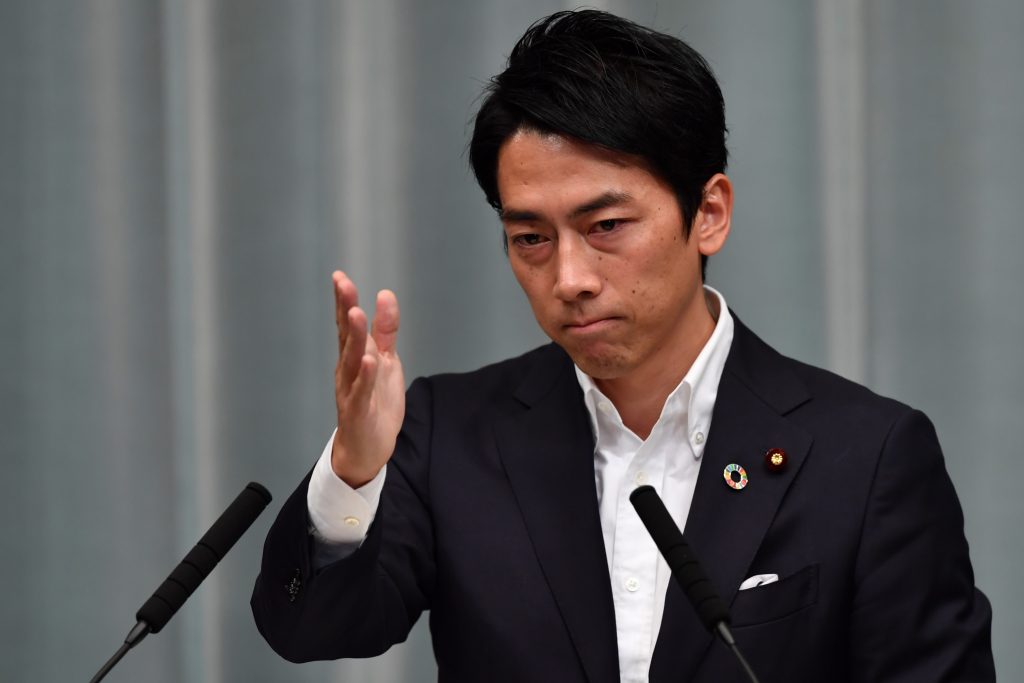
- ARAB NEWS
- 05 Jul 2025

TOKYO: Group of Seven ministers responsible for environmental and climate issues Friday agreed to terminate fresh state aid for coal-fired power plant projects completely.
The G-7 major powers “commit to take concrete steps toward an absolute end to new direct government support for unabated international thermal coal power generation by the end of 2021,” according to a joint statement released after a two-day online meeting of the ministers.
Specifically, the ministers from Britain, Canada, France, Germany, Italy, Japan, the United States and the European Union agreed that their governments will stop extending fresh loans or other assistance to facilitate exports of coal-fired power plants.
But the statement did not include any phrase calling for scrapping all existing domestic coal power plants.
The G-7 ministers confirmed that their governments will promote technology development and take policy measures to realize “overwhelmingly decarbonized power systems” in the 2030.
In the meeting, Britain, which holds this year’s G-7 presidency, sought an agreement on an end to the use of fossil fuels toward the target of decarbonization.
The country’s stance marked a contrast to that of Japan, which hoped to continue exporting highly efficient coal power plants to developing countries and using such facilities at home.
From Japan, Environment Minister Shinjiro Koizumi and industry minister Hiroshi Kajiyama attended the G-7 meeting.
Participants also discussed how to spread the use of renewable energy further, protect biodiversity and tackle marine plastic waste.
Japan relies heavily on coal and other fossil fuels. It generated 76 pct of its electricity with such fuels in fiscal 2019. The share of renewable energy sources was only 18 pct.
Prime Minister Yoshihide Suga last month announced a target of reducing his country’s greenhouse gas emissions by 46 pct from the fiscal 2013 level by fiscal 2030.
The government is working out a new basic energy plan including an appropriate energy mix, in order to hit the emission target.
The G-7 ministers also agreed to “champion ambitious and effective global biodiversity targets, including conserving or protecting at least 30 pct of global land and at least 30 pct of the global ocean by 2030 to halt and reverse biodiversity loss.”
JIJI Press